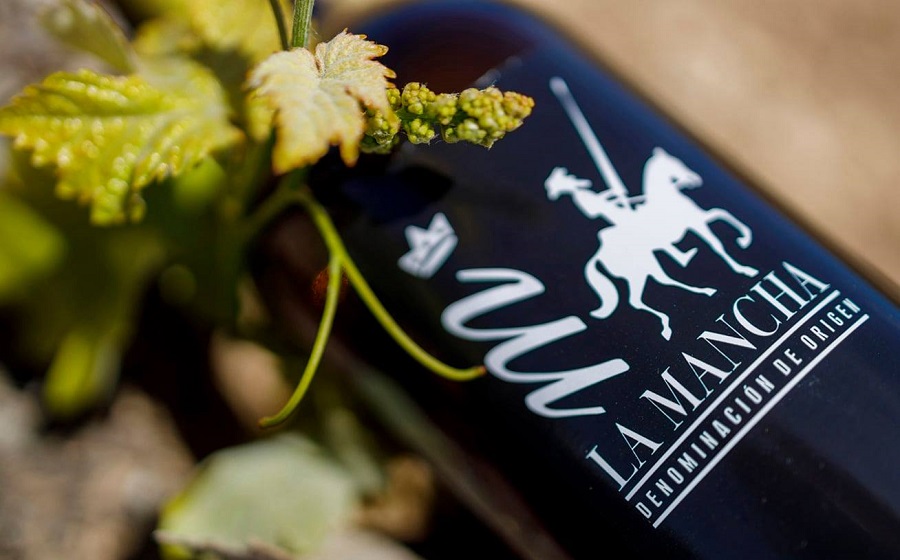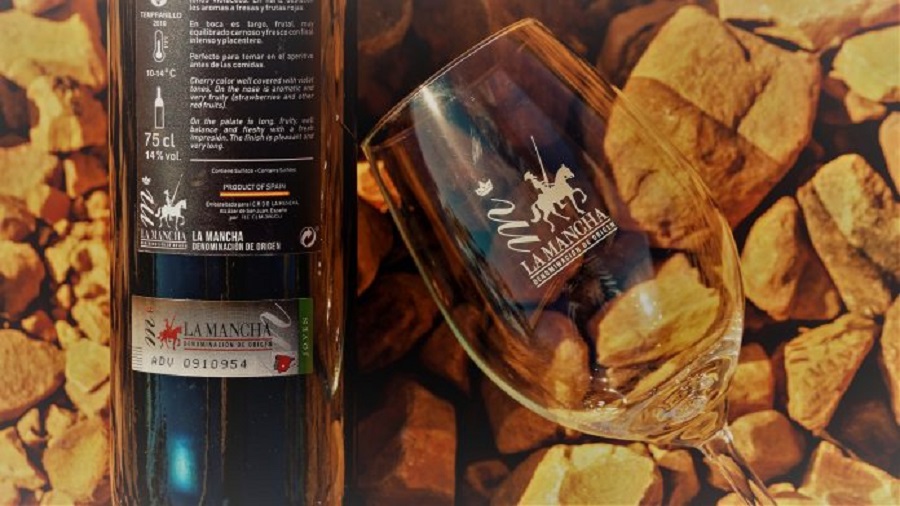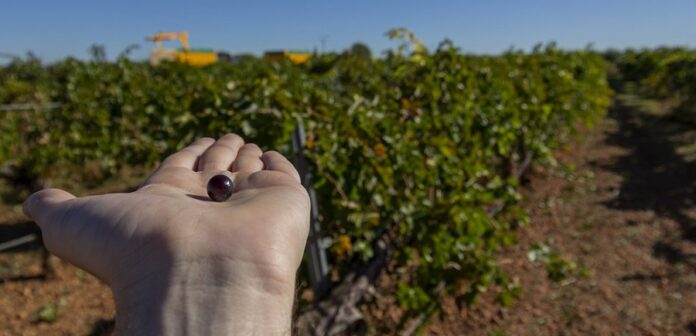In the 21st century, the need to work for a green future is becoming increasingly urgent. In fact, in sectors as important as the agri-food sector, change is not only necessary to ensure the survival of the sector, but also an ethical and reasoned choice. This means that institutions like the La Mancha Designation of Origin, in general, and its growers and wineries, in particular, are part of the positive change. Plus, the peculiarities of its terroir are perfect for organic farming.
In fact, La Mancha’s vineyards have never been an enemy for its ecosystem, on the contrary, an increasing number of projects and tools are being put in place in pursuit of sustainability. Minimal environmental impact, circular economy, reduction of the carbon footprint and commitment to organic viticulture are all terms that describe the philosophy of wines with La Mancha Designation of Origin.
Contenidos
La Mancha, the ideal place for organic vineyards

A sustainable viticulture in which the cycles of nature are respected without human intervention is the key factor in how the wine sector operates in the La Mancha region. In fact, the region to which this vine-growing area belongs, Castilla-La Mancha, has the country’s biggest expanse of organic vineyard. With more than 62,000 hectares in 2020, it just keeps on growing.
La Mancha wines feature a wide variety of organic and vegan labels
This demonstrates the commitment of both growers and wineries to making environmentally friendly products. The characteristics of the Manchego terroir are of significant help when it comes to promoting organic farming. For example, the absence of ambient humidity; also, the more than 3,000 hours of sunlight that bathe the vines every year, effectively protecting them against possible diseases.
Some wineries are committing to renewable energy sources and reducing their carbon footprint

Following in the wake of the numerous hours of sunshine that La Mancha enjoys, many of its wineries have opted to use renewable energy sources, which includes fitting self-sufficient solar panels. These measures serve to strengthen their commitment to sustainability, also reflected in the maximum reduction of polluting discharges. What’s more, many have chosen to work together with nature itself; for example, by using aerobic bacteria to remove excess wastewater.
Many La Mancha wines have certificates of accreditation, such as SHC (Organic Crops) and EPD VERIFIED (Environmental Product Declaration)
As a result of the use of renewable and self-sufficient energy sources, the reduction of the carbon footprint (CO2 emissions) is becoming increasingly significant. This is a major step towards a more prosperous and sustainable future; plus there is an increasing commitment to environmental quality, through the so-called circular economy. With this, wineries aim to improve their competitive edge and their R&D+I by committing to environmental respect, sustainability and efficiency.











